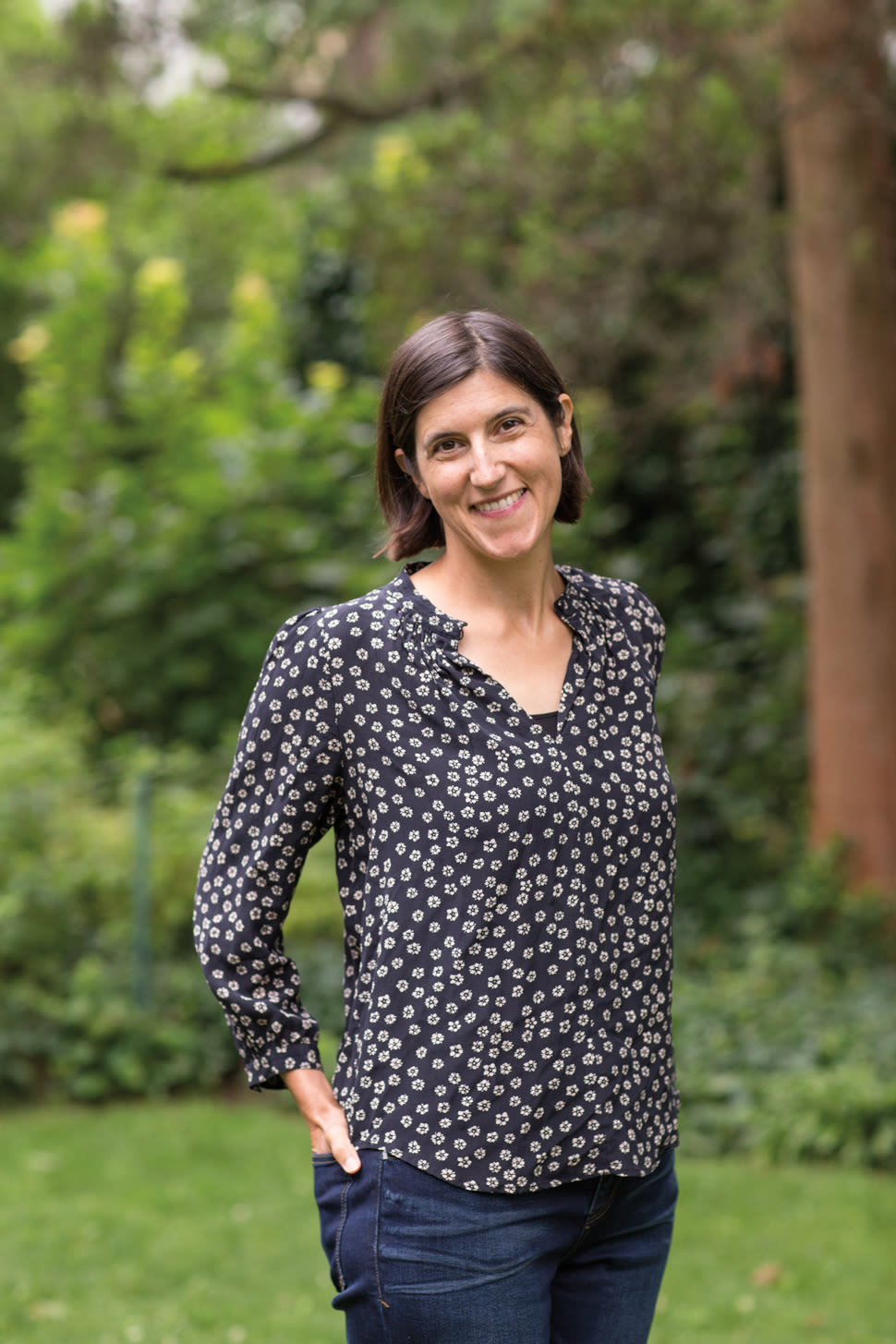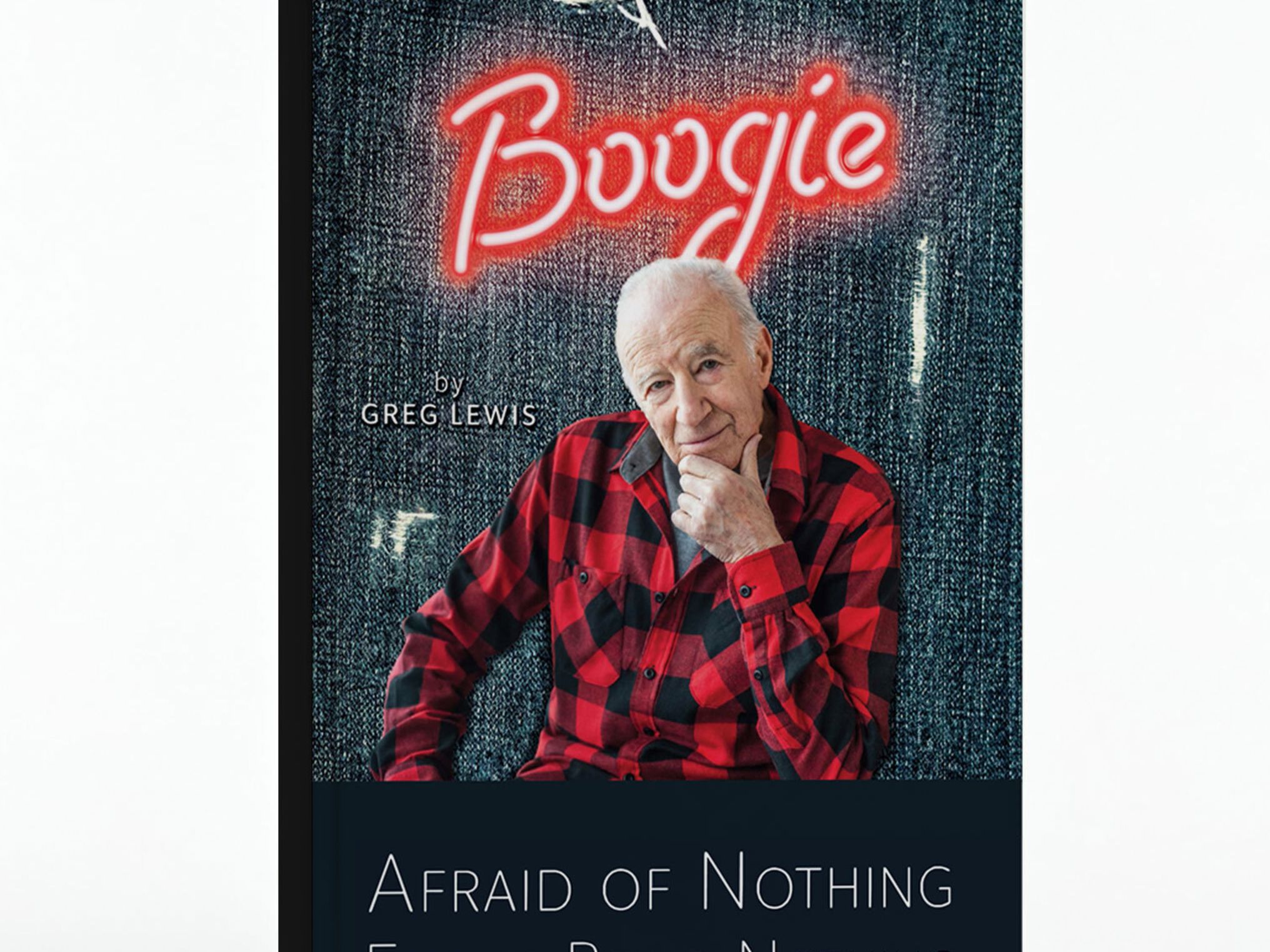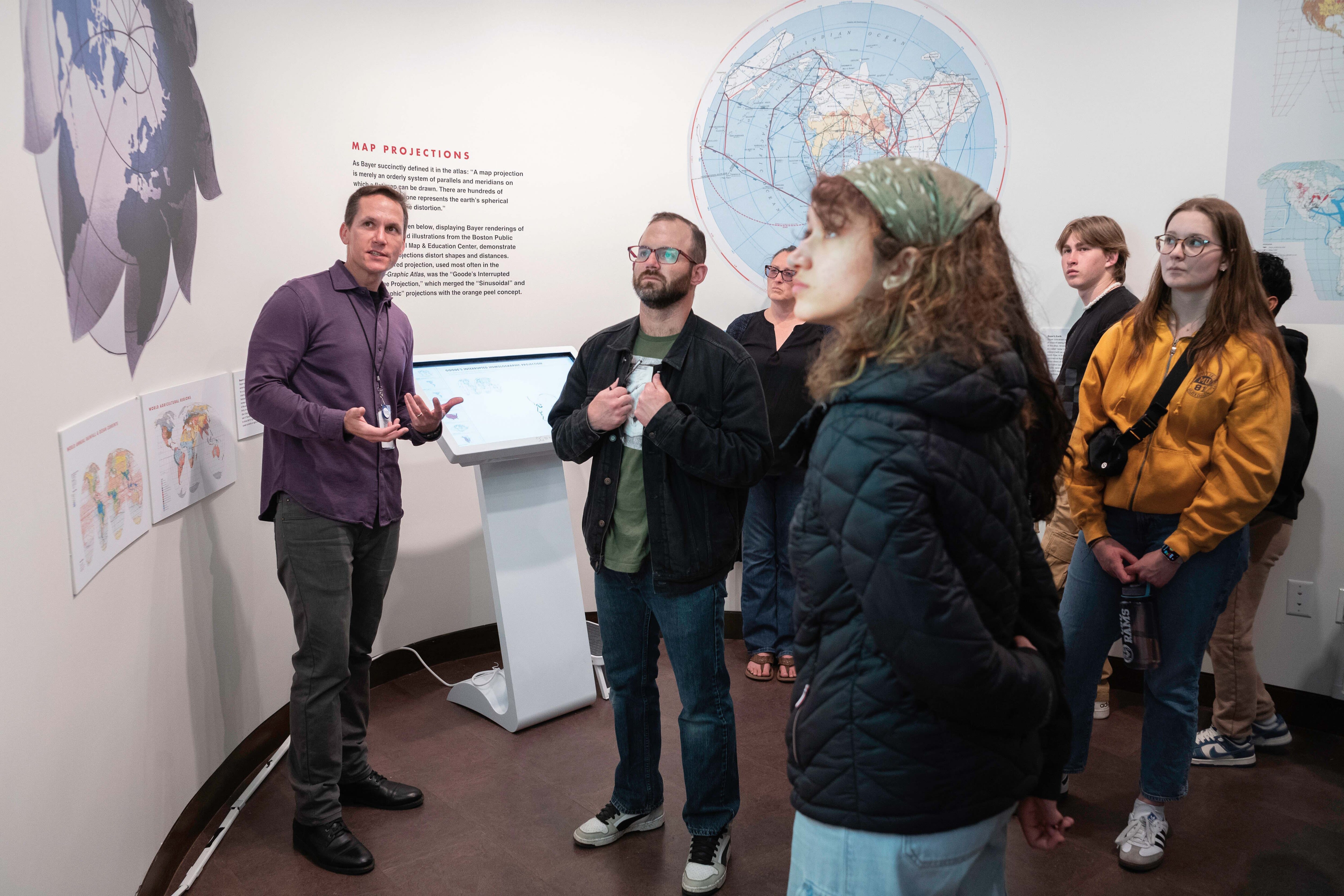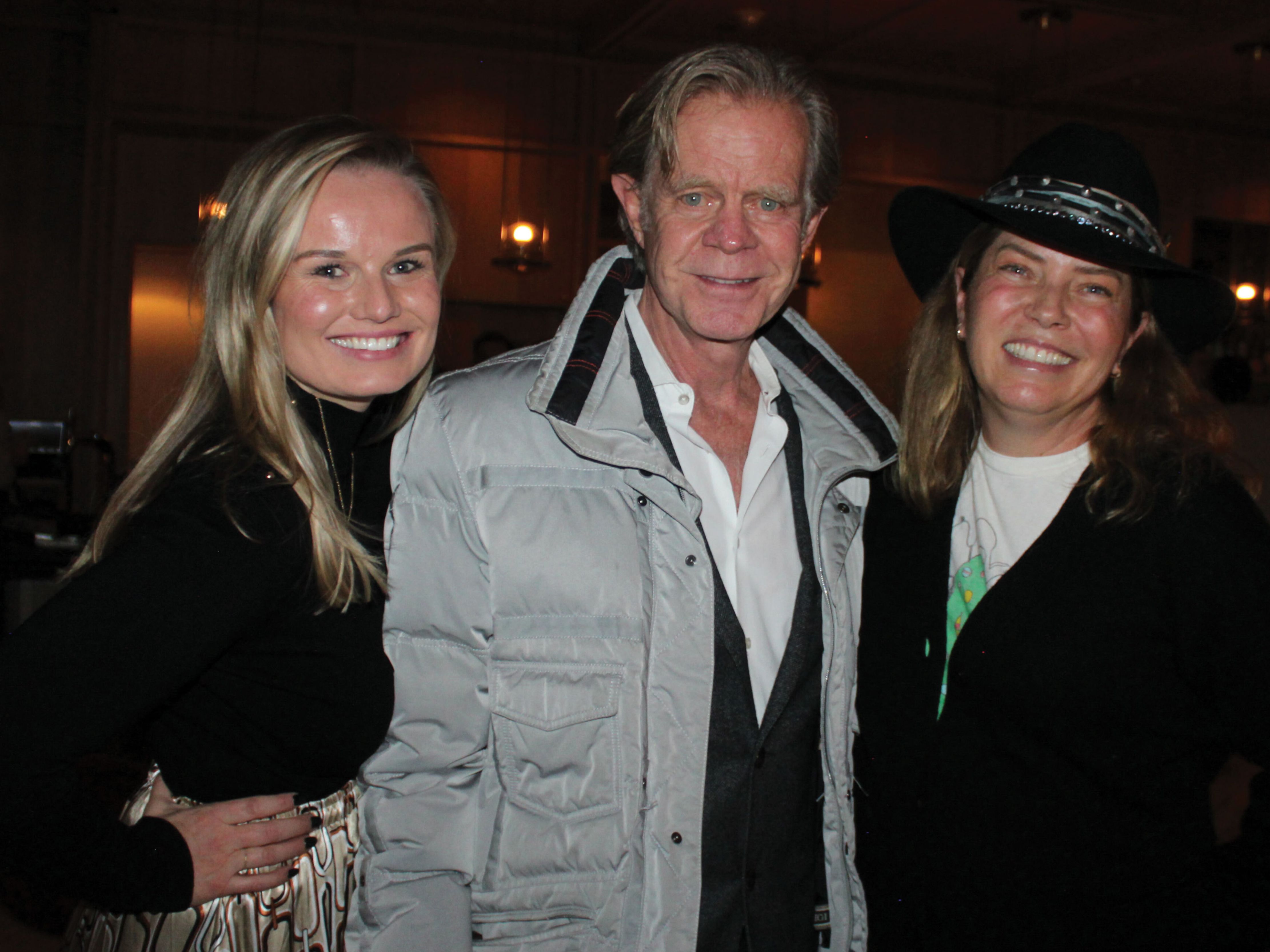Best-Selling Novelist Curtis Sittenfeld Takes a New Approach

Image: Josephine Sittenfeld
Curtis Sittenfeld (Prep, Eligible) is known for her humor and her keen eye for building complex, relatable characters. In anticipation of her January 29 appearance at Aspen Words’ Winter Words, along with writer Emily Miller, we talked with Sittenfeld about one of her most valued sources of support, her New Yorker fiction debut, and Hillary Clinton’s “what if?”
AS: Have you been to Aspen before?
CS: I’ve been to the Aspen Ideas Festival twice. One of the few regrets I have is [not taking part in] an open mic amateur comedy night at the Belly Up. It turned out that very few women were participating. Katie Couric participated on the fly when she saw what the gender ratio was, and she was delightful and funny. I could never do something like that on the fly, but I could have written something carefully scripted to be fake spontaneous. I’m not a comedian, but I am a writer.
AS: This time you’ll be on stage with longtime friend and fellow writer Emily Miller. What’s the value of having her support?
CS: Emily is one of my first readers. The feedback I get from her is slightly different from other people’s. The default protocol is that you read someone’s story and then you type up a letter of feedback. Emily will read something of mine and schedule a time to talk about it. She’s helped me come to very specific, nuanced realizations because there’s more give and take in a conversation. She really has helped me improve the quality of my writing.
AS: And word has it that she came up with the title for your new book of short stories?
CS: Yes, that’s true. It’s called You Think It, I’ll Say It. In one of the stories, a man and a woman are at a party, and the man says, “I’ll think it, you say it.” Emily read that and said, “That’s sort of what you do as a writer. You put into words what the reader is thinking.” I had seen it in a more literal way, but immediately I thought, oh, that’s a great title, and it’s what the goal of the book is.
AS: What made you decide to publish a book of short stories after writing five novels?
CS: I loved reading short stories well before I wrote any books. During the years I was writing novels, I was carrying around these ideas for stories inside me. In the spring of 2016, I had just finished traveling to promote Eligible, and I’d been out of the habit of writing. It seemed like an easier way to transition back into writing that wasn’t as daunting as starting a new novel. At the same time, I’d been trying for 20 years to get a story into the New Yorker, and I finally succeeded. It was so intoxicating that I kept trying, and some of the other stories got accepted, too. I ended up with a collection.
AS: You’ve covered a lot of terrain in your work, from boarding schools to the American presidency. How do you choose your subject matter?
CS: I’m very interested in people and the mysteriousness of their behavior, their secrets and the way they do and don’t change over time, and the major relationships in our lives. My novels might sound different, but there’s a lot of overlap in their subject matter.
AS: What are you working on now?
CS: My next novel imagines what would have happened if Hillary Clinton had said no to Bill Clinton’s third proposal and gone her separate way. It’s a pretty weird idea. You just have to write what you want to write and what you feel preoccupied with.













































